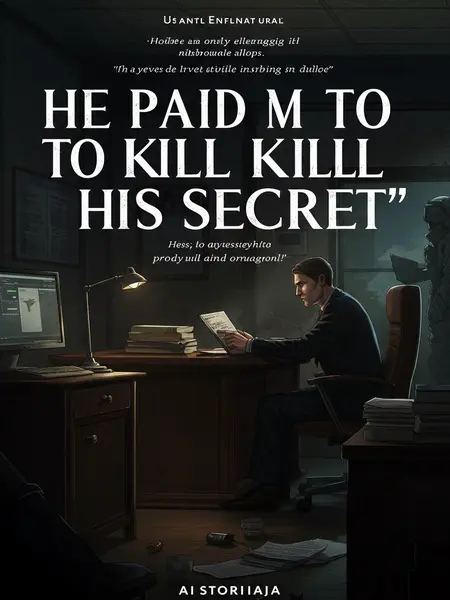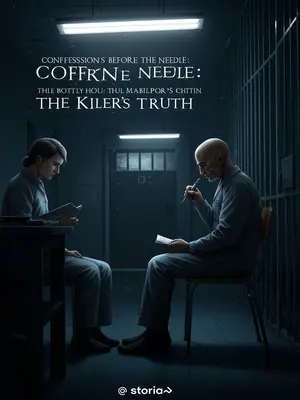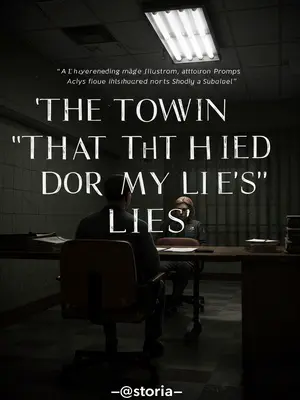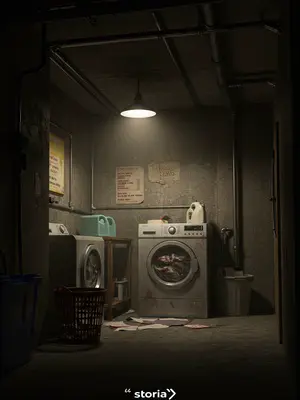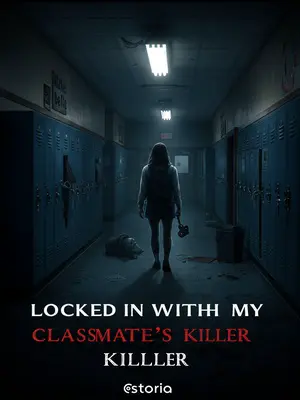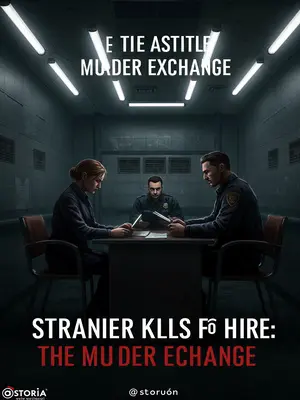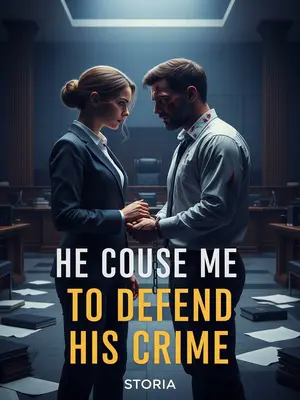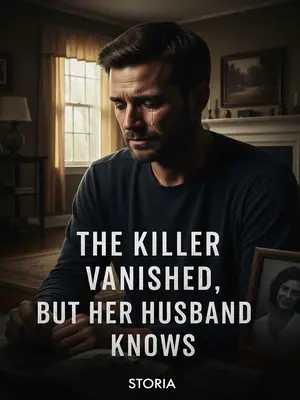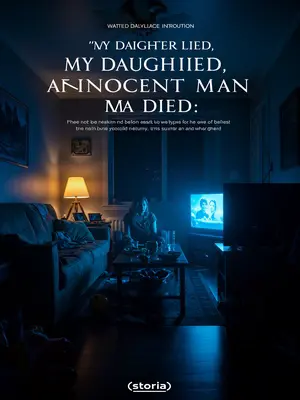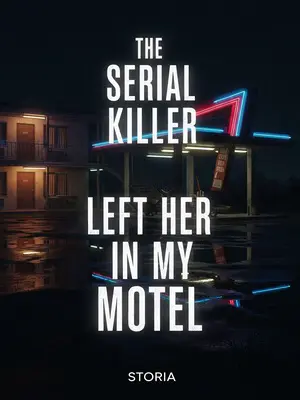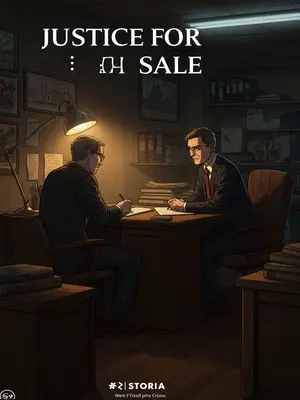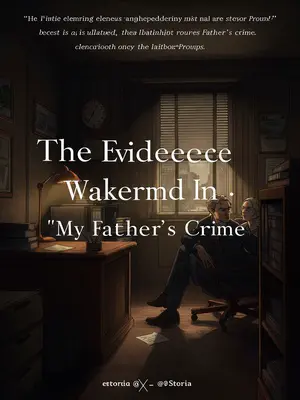Chapter 3: No Way Out
After the judge’s gavel echoed through the courtroom, Caleb was led away by guards. He didn’t fight—just stared at me, eyes empty, as the door swung shut. His footsteps faded down the hall, swallowed by silence.
I stood there, numb. The air felt heavy, like the whole room was waiting for something to break.
…
That afternoon, I went to the jail to see Caleb. We sat in silence, the fluorescent lights buzzing overhead.
I was torn up inside. Not just as his lawyer, but as his old friend. How do you look someone in the eye after this?
Part of me pitied him. Part of me thought, “Even the pitiable can be cruel.” Mostly, I just felt helpless—like I’d failed him. All those late-night college arguments about justice and mercy suddenly felt like a joke.
Neither of us spoke until Caleb finally broke the silence:
“I can’t accept the death penalty. I want to appeal.”
“All death penalty cases get an appeal. But you’ll need a reason. Without real evidence, the verdict won’t change.”
I’d seen it before—death row appeals that were just stalling tactics.
But Caleb got agitated, slamming the table, then burying his face in his hands:
“I can’t accept it. If I die, I have nothing. I can’t die.”
Yeah…
If you die, you have nothing left.
But Mark Sanders is dead, too. His family has nothing.
I only thought it—I didn’t dare say it out loud.
Unless something changed, Caleb was headed for execution.
As his lawyer, my job was to contact his family.
“Can you reach your brother? He deserves to know.”
Caleb suddenly grabbed my hand, breathing hard:
“Don’t tell my brother. Don’t let him find out.”
“But he has a right to know.”
“Please.”
He looked at me with a strange intensity. Only later would I understand why.
At the time, I thought he was just ashamed.
So I gave in:
“Alright.”
He leaned in:
“Is there any way to get the sentence overturned if there’s new evidence?”
“If the evidence is legit, sure.”
Caleb hesitated, then slammed the table again, like he’d finally made up his mind:
“I want to retract my confession.”
